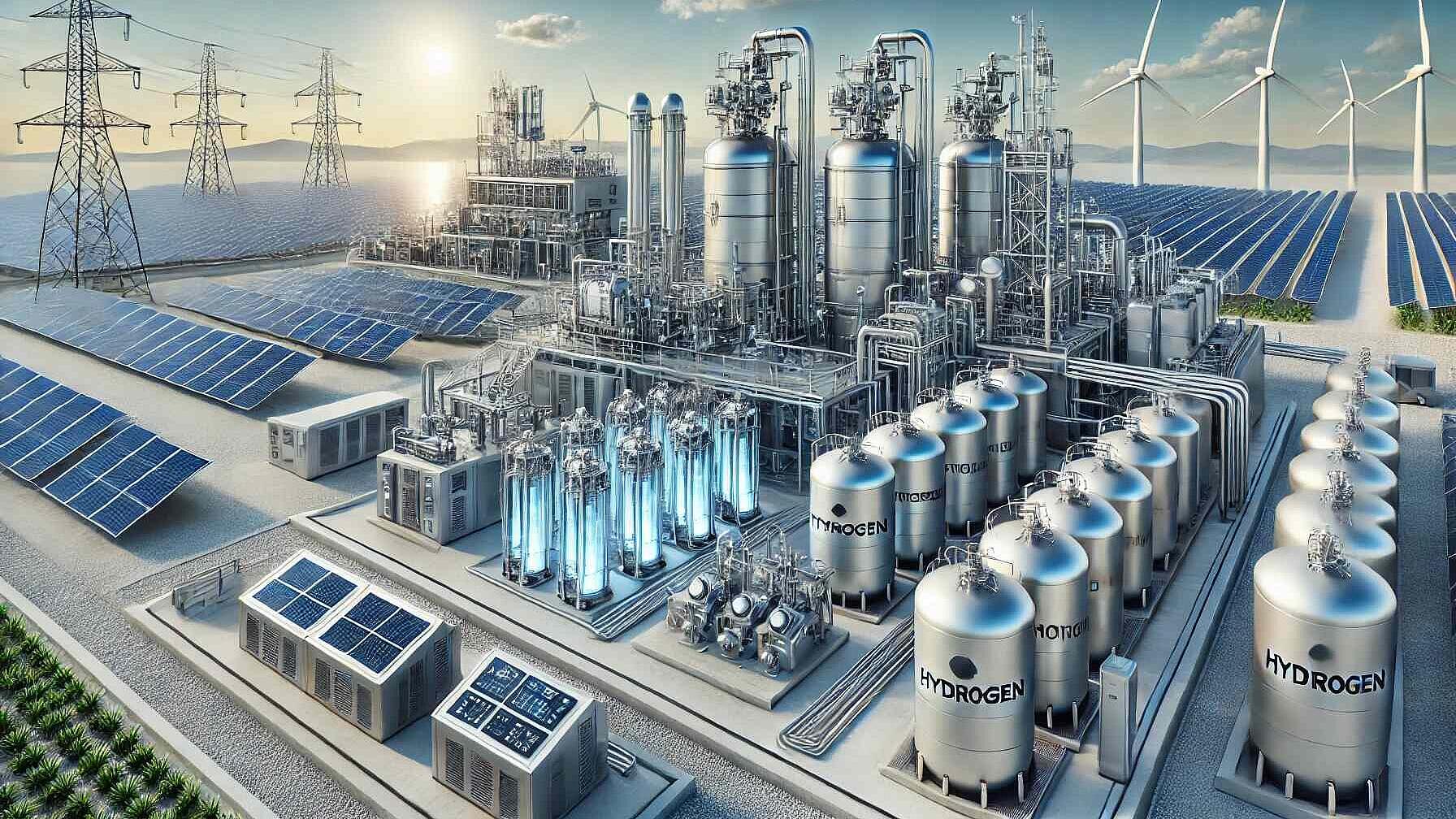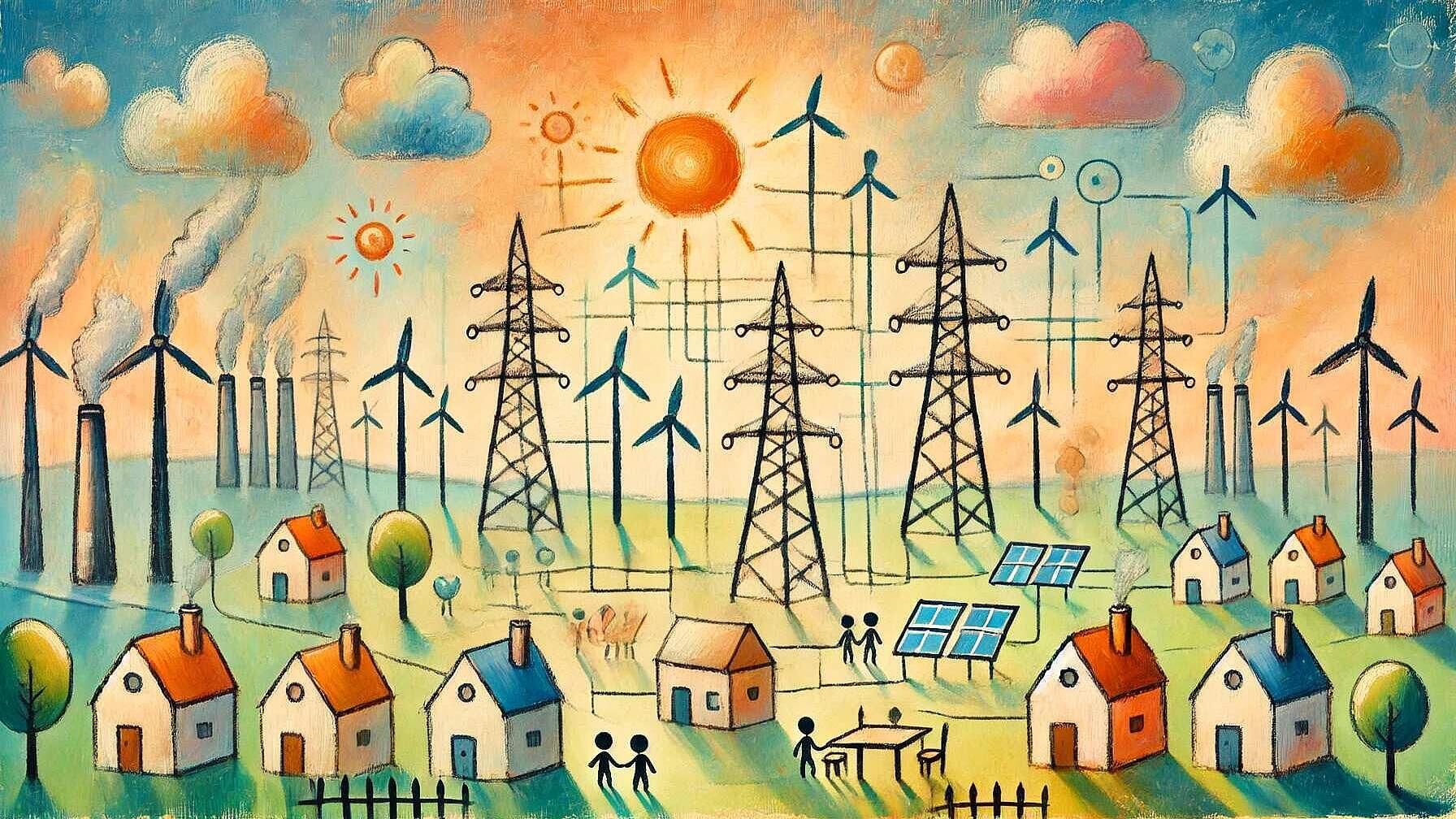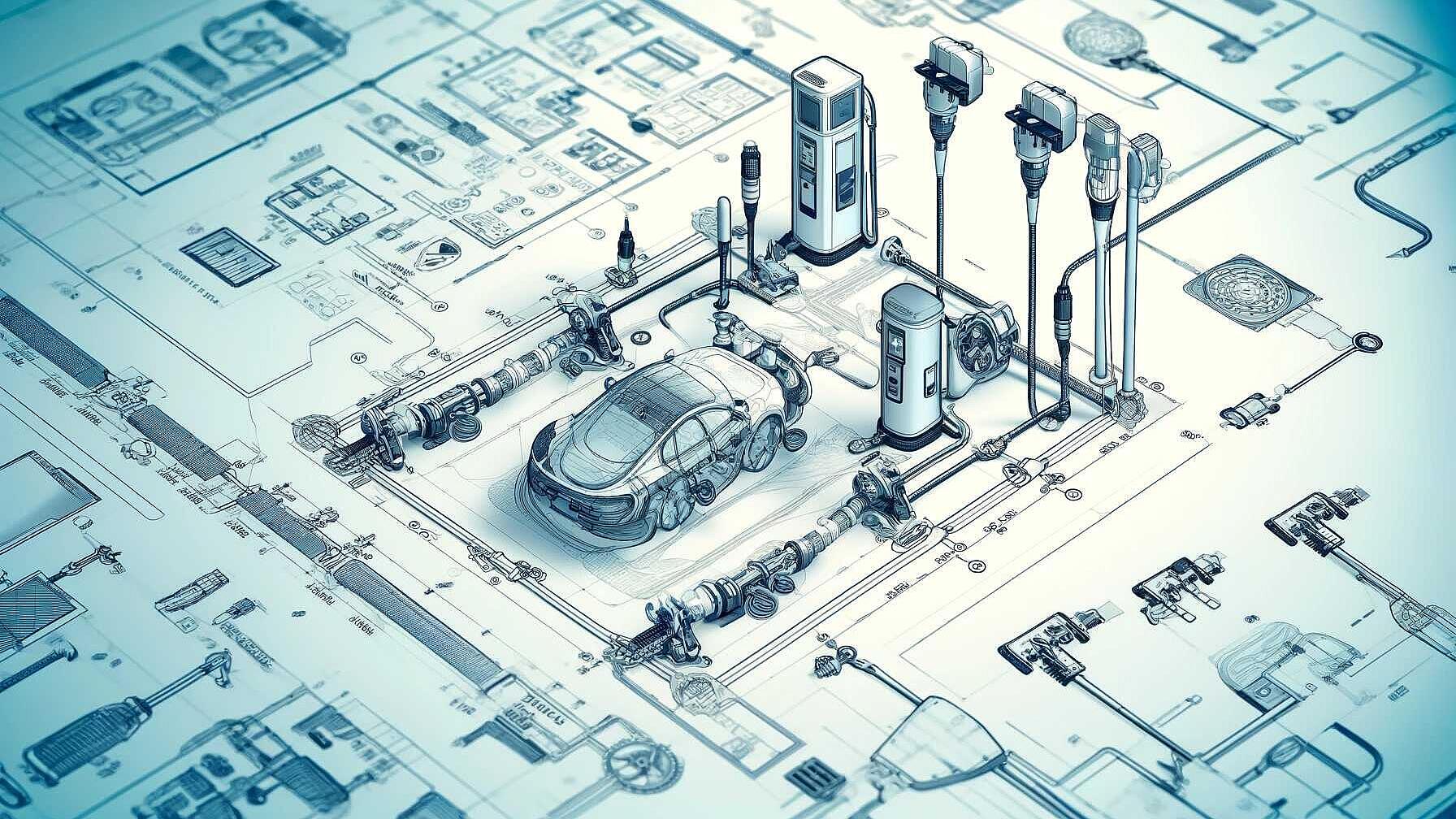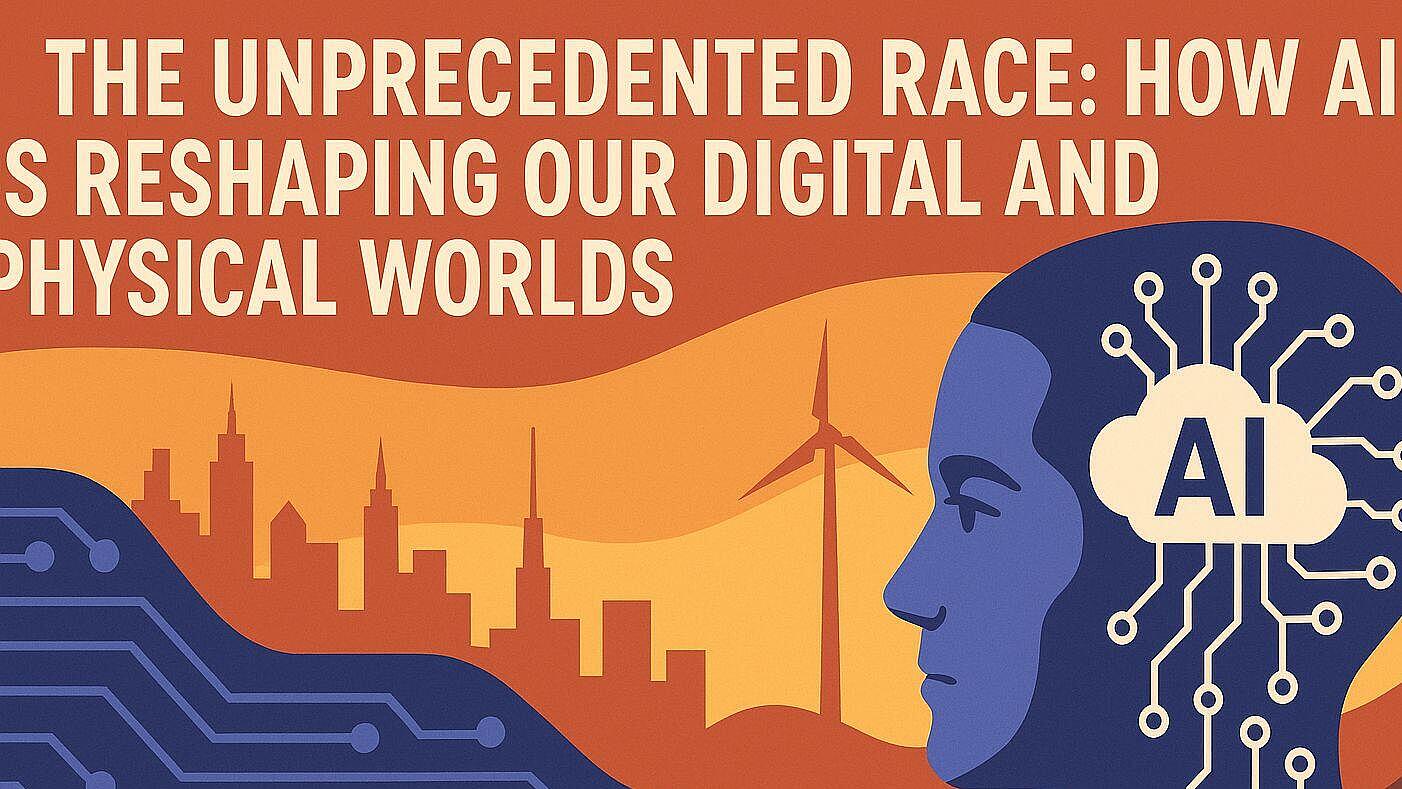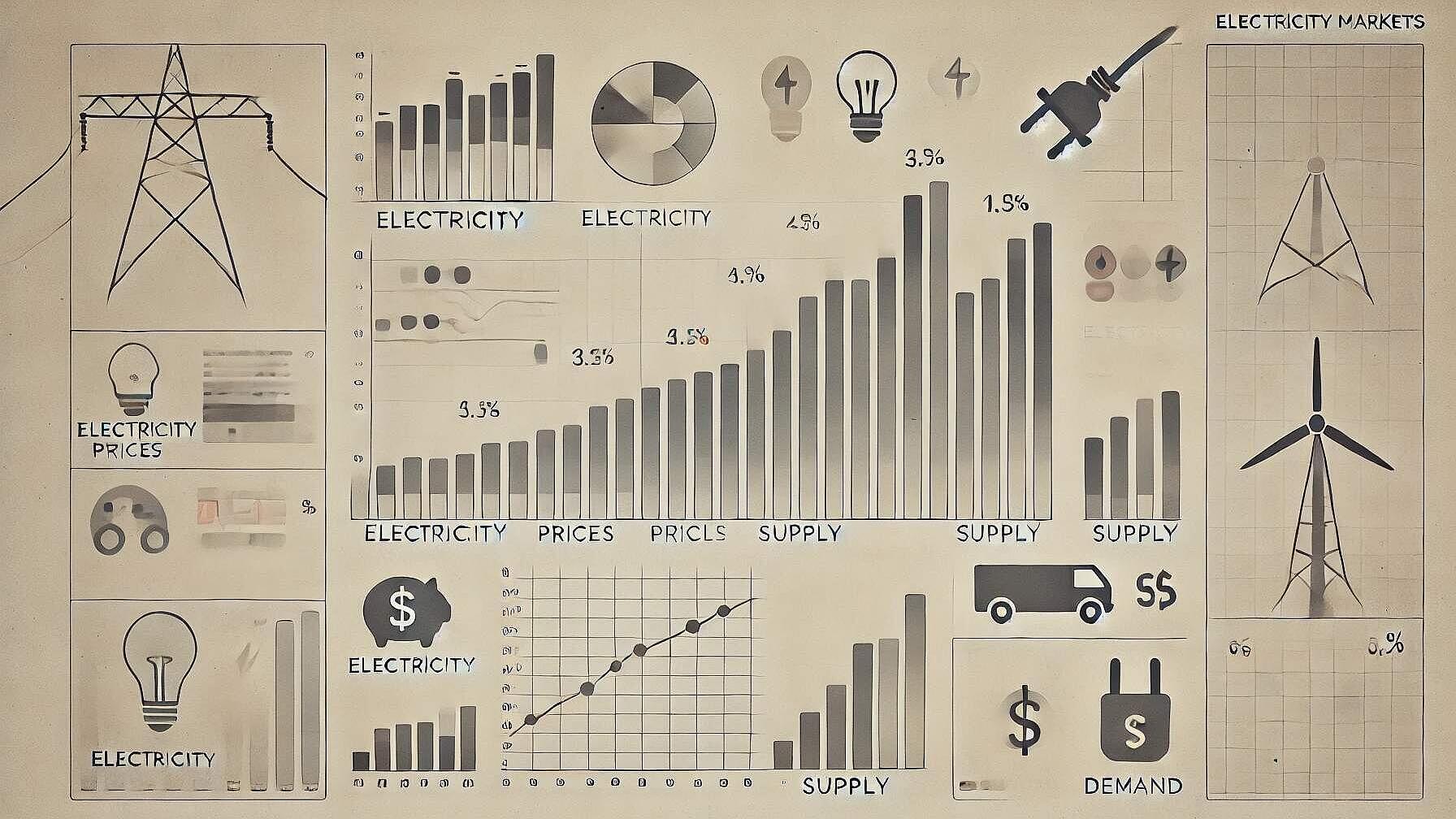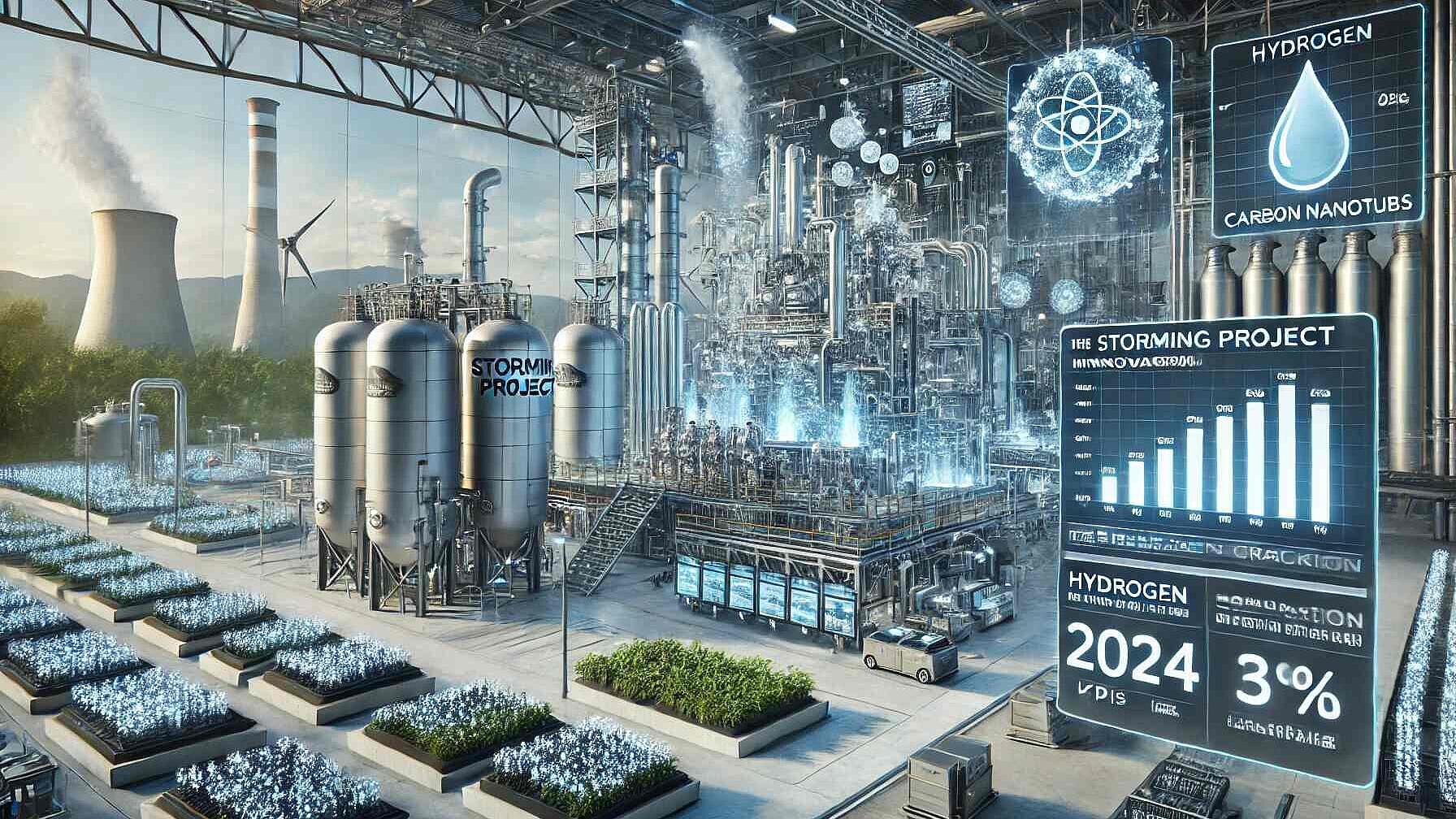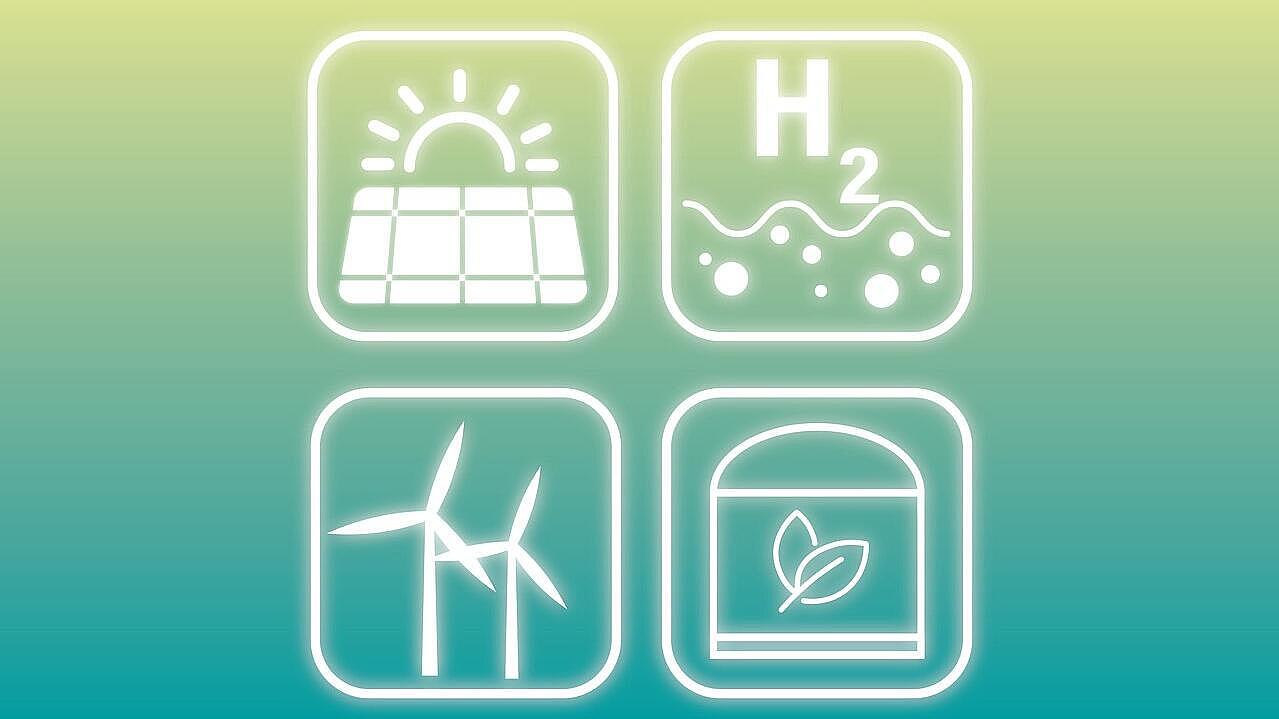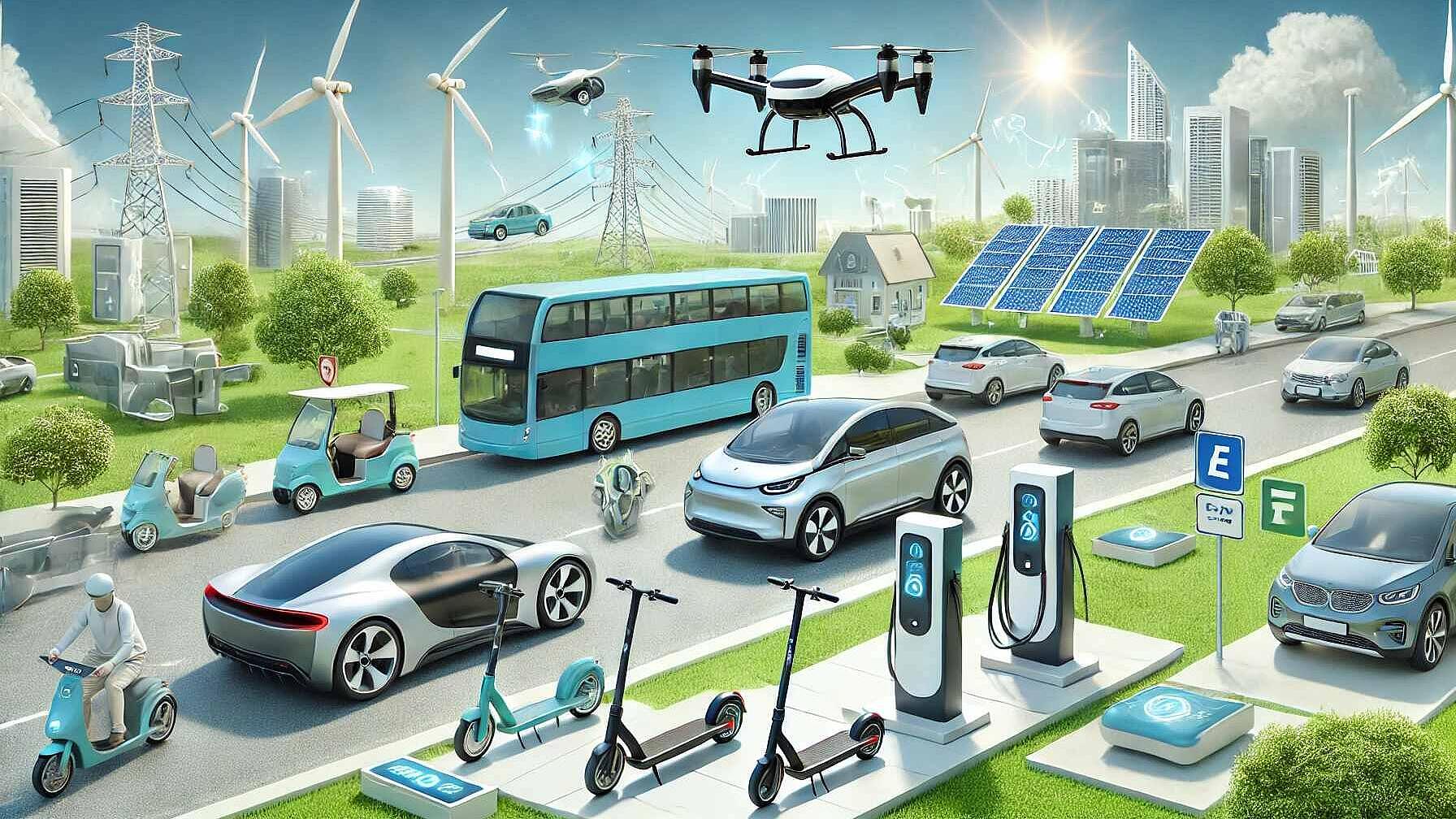 Energy Infrastructure
Energy InfrastructureEnergy Infrastructure
The research paper provides an extensive evaluation of 19 hydrogen production methods based on efficiency, cost-effectiveness, and sustainability. It shows that the current production is dominated by fossil fuels, primarily steam reforming of natural gas, which, while economically viable and technically mature, has a high carbon footprint. Renewable 'green' hydrogen production is more environmentally friendly but currently lags in efficiency and cost. The paper assesses different production methods, including electrical (like electrolysis), thermal (like biomass gasification), photonic (like photocatalysis), and hybrid approaches. Key findings highlight the high efficiency but significant emissions of fossil fuel reforming and the low efficiency but minimal environmental impact of photonic and hybrid methods. Trade-offs are evident between cost/efficiency and sustainability. The paper underscores the potential of improving electrolysis with renewable electricity, advances in solar hydrogen methods, thermochemical cycles using high-temperature heat, and sustainable biomass routes. Novel technologies, like artificial photosynthesis, are emerging alongside projects like the EU-funded STORMING, which aims to produce low-emission hydrogen from methane. To transition to a sustainable hydrogen economy, the paper advocates for continued innovation to reduce costs and improve efficiencies, better materials for catalysts, optimized scale-up strategies, enhanced carbon capture, and thorough life-cycle assessments. With global investment growing, hydrogen is poised to play a vital role in the sustainable energy landscape, combining economic and environmental sustainability.
Read Full articleSpace-Based Solar Energy: Harnessing the Sun's Power from Orbit
Space-based solar energy (SBSE) overcomes terrestrial solar power limitations, offering continuous, efficient energy. Despite high costs and ecological concerns, advances in technology and interest from ESA and CALTECH's SSPD indicate its promising potential for sustainable energy.
Read Full articleTransforming Europe's Energy Grids for a Sustainable Future
The paper discusses Europe's transition to an interconnected, renewable-focused energy grid, emphasizing the need for smart grids, AI, flexibility markets, advanced data exchange, and interoperability. These elements are crucial for balancing supply and demand, enhancing grid efficiency, and achieving sustainability and decarbonization goals, all while facing challenges in technology, investment, and stakeholder collaboration.
Read Full articleTransforming the Grid: Electric Vehicles as Key Players in the Energy Landscape
The "Solution Booklet: Electric Vehicles and the Grid" discusses the increase of EVs in Europe, the necessity for robust charging infrastructures, strategic city planning for EV integration, technical, societal, and governance aspects of smart charging and V2G technologies, as well as innovative solutions and economic considerations for successful EV and energy grid synergy.
Read Full articleThe Unprecedented Race: How AI is Reshaping Our Digital and Physical Worlds
By 2030, AI will necessitate a $7 trillion investment in data centers, driven by widespread AI adoption and geopolitical priorities. The demand for specialized compute hardware and energy-intensive AI workloads is creating significant power and supply chain challenges, emphasizing the need for efficiency, renewable energy, and advanced demand forecasting.
Read Full articleThe Intersection of Energy and AI: Insights from the IEA Global Conference
The IEA's Global Conference on Energy and AI highlighted the reciprocal relationship between both fields, focusing on AI's role in optimizing energy use and enhancing renewable energy adoption, while also acknowledging AI's growing energy demands. Key discussions addressed electricity consumption by data centers, advancements in battery tech, smart grid optimization, predictive capabilities for natural disasters, and international perspectives from companies and governments on AI-driven energy strategies. The IEA stressed its commitment to providing actionable data and fostering stakeholder dialogue to align AI with energy system realities, and announced a comprehensive energy-AI report for 2025.
Read Full articlePowering Ahead: The Global Electricity Landscape Through 2026
Global electricity demand is projected to increase, led by China and India, with renewables and nuclear supplying all growth through 2026, indicating a shift towards low-emission sources, reducing CO2 intensity, and highlighting regional disparities in access and consumption trends.
Read Full articleIntegrating Innovation: The Role of STORMING Project in Aligning with the Hydrogen Pathways Report 2024
The STORMING project innovates in methane cracking for CO₂-free hydrogen and carbon nanotubes production, aligning with Hydrogen Europe's pathways for a sustainable energy transition and offering economic and environmental benefits. Challenges remain in scaling and integration into industries.
Read Full articleWhat is green hydrogen?
Hydrogen is emerging as a potential solution for combating climate change. But there is a need to differentiate between green hydrogen—produced renewably, essential for certain industries—and less sustainable forms like grey, black, and blue hydrogen, which have significant carbon footprints. Pink hydrogen, though less harmful, presents nuclear waste challenges.
Read Full articleOverview of main actors in the e-mobility ecosystem
The paper addresses the EU's transition to electric vehicles (EVs) as key in decarbonizing transport sector emissions, crucial to achieving 2040 climate targets. The EV ecosystem involves various stakeholders, including OEMs, CPOs, and DSOs, working together towards electrification. Policies like RED, AFIR, EPBD, and the Sustainable Battery Regulation support this shift, while investment in EV infrastructure is projected to significantly increase. Data sharing is emphasized as essential for ecosystem efficiency.
Read Full article